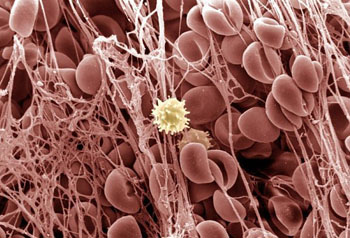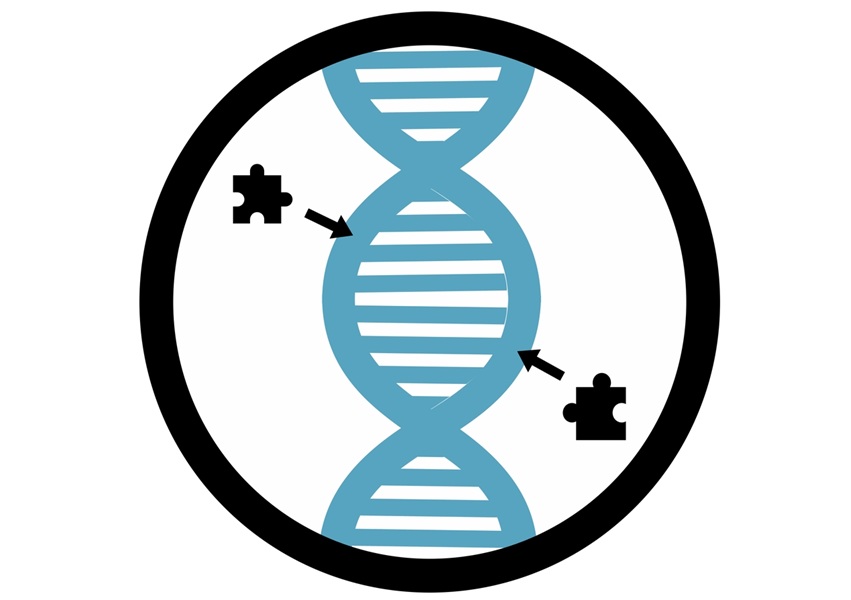New Methylation Test Determines Cervical Cancer Risk
By LabMedica International staff writers
Posted on 28 Jun 2016
A novel CE-IVD-marked diagnostic triage test for use in differentiating patients’ risk of developing cervical cancer (CC) will soon be available in Europe, Middle East, and Africa for use on either clinician- or self-collected specimens. Self-sampling can streamline processes and help avoid unnecessary further medical intervention. As a follow-up assay, the test helps risk-stratify patients with transforming human papillomavirus (HPV) infections.Posted on 28 Jun 2016
The QIAsure Methylation Test from QIAGEN N.V. (Venlo, Netherlands, and Hilden, Germany) is a valuable addition to QIAGEN’s portfolio of leading diagnostic tools for use in women’s health and primary screening. The test is highly complementary to HPV screening tests and follows either a positive high-risk HPV test result or a finding of abnormal cells in cytology from a Pap smear. The test was presented to the public for the first time at EUROGIN 2016 (June 15-18, Salzburg, Austria), international conference for the European Research Organization on Genital Infection & Neoplasia. QIAGEN collaborated with Self-screen BV (Amsterdam, Netherlands), a biotech spinoff company of VU University Medical Center, in developing this test.

Image: A colored scanning electron micrograph (SEM) of a dividing cervical cancer cell (Photo courtesy of Wellcome Images).
HPV testing is generally more sensitive but less specific than cytology for detecting CC. However, the benefit of increased disease-detection using HPV as a primary test also results in many positive HPV tests in patients without underlying cervical disease. A positive HPV test result calls for follow-up testing to differentiate each patient’s risk based on cellular effects of the infection. With increased interest and uptake of HPV testing as a primary test, the need for a suitable triage test following a positive HPV test is increasing.
Currently available triage options such as HPV genotyping or tissue-based assays often have limited clinical value. Genotyping of HPV16/18 lacks specificity, leading to false positive results; cytology lacks sensitivity, leading to missed cervical disease. The currently favored triage method for a positive HPV result is cytology. Cytology lacks sensitivity, is subjective, and skill dependent. As primary HPV testing and vaccination prevention methods are implemented, the number of patients with abnormal cells will decrease, and consequently cytology will be increasingly harder to perform. In some countries the lack of cytology infrastructure required for necessary triage is a barrier to adopting primary HPV screening. This makes a complete molecular solution highly desirable. And so the need for an accurate molecular test following a HPV-positive test result is clearly an unmet medical need.
QIAsure testing accurately stratifies CC risk by detecting epigenetic changes in two specific genes implicated in CC. Specifically, it measures DNA methylation in promoter regions of host cell FAM19A4 and mir124-2 genes, which are hyper-methylated in CC. In large-scale studies, the DNA markers used in this assay have demonstrated reliable additional insights into a patient’s individual risk and contributed to decisions on surveillance and treatment. By identifying hyper-methylation of these host cell genes, the QIAsure test provides highly sensitive and specific results.
“QIAsure is a highly attractive and complementary addition to our leading HPV franchise”, said Thierry Bernard, senior VP and head of QIAGEN’s Molecular Diagnostics Business Area, “It creates a compelling solution for primary screening that includes the leading HPV primary screening test and leading solution for automated sample processing and molecular analysis of cervical samples.”
“The QIAsure Methylation Test is an important advance for women’s health. When a woman screens positive for HPV, or cytology shows abnormal cells, she is at risk of developing CC. The QIAsure test is the next logical step to assess this risk,” said Dr. Tadd Lazarus, Chief Medical Officer, QIAGEN, “This highly sensitive, specific molecular test identifies cancer specific epigenetic changes in cervical cells and enables the physician to assess whether the HPV infection is progressing toward cancer.”
Related Links:
QIAGEN
Self-screen BV













